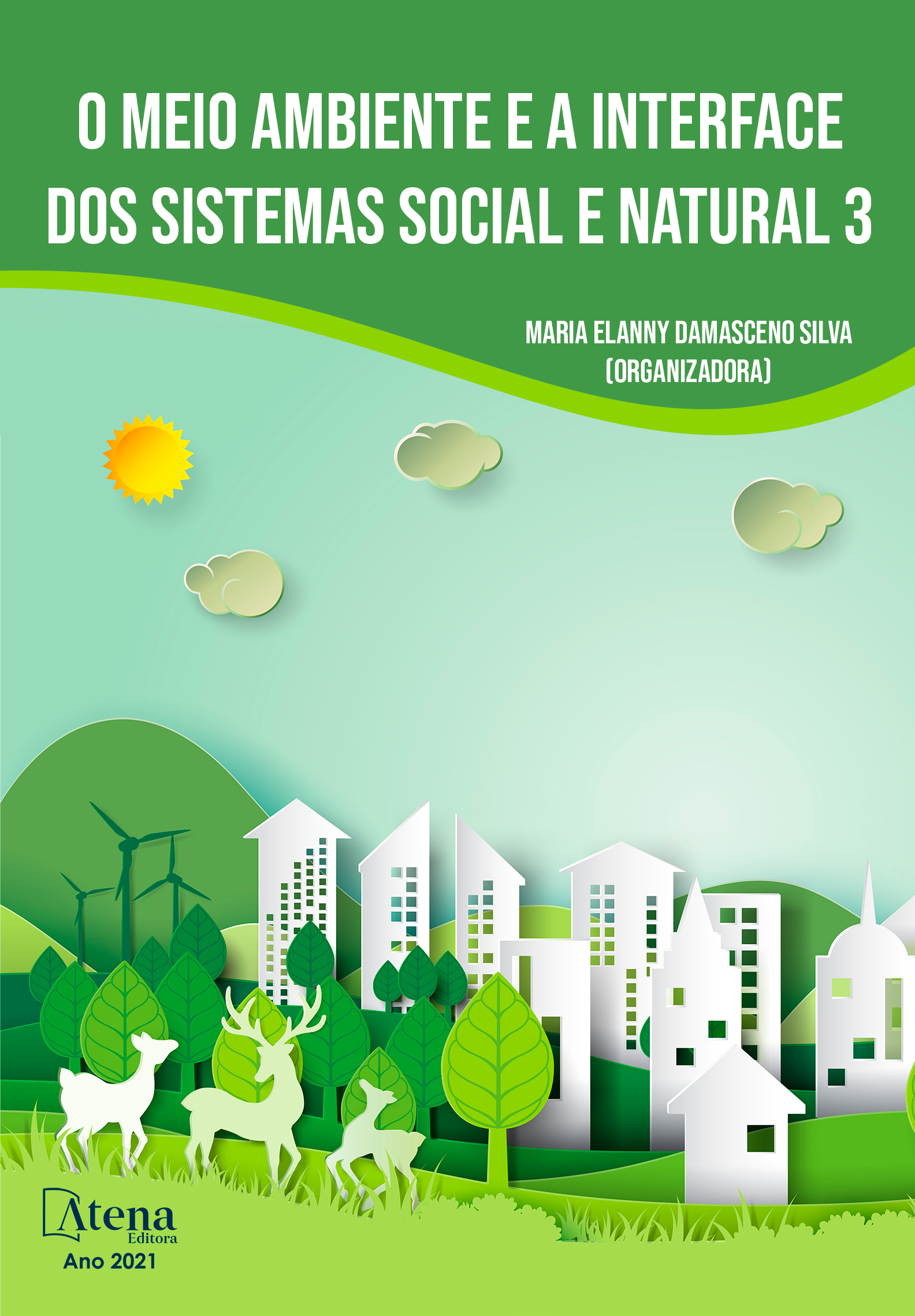
JOVENS RURAIS: A FORMAÇÃO EM AGROECOLOGIA E A PEDAGOGIA DE ALTERNÂNCIA NA ESCOLA JARAGUÁ, ÁGUA BOA-MT
A formação das novas gerações baseada em aspectos relacionados a sustentabilidade dos agroecossitemas a médio e longo prazo tem sido foco da educação no campo, devido a relação direta desses, com as perspectivas futuras atreladas ao desenvolvimento rural sustentável. Propiciar aos jovens uma escola no assentamento, com a vivência e conteúdos apoiados na Agroecologia, no trabalho coletivo e solidário, na valorização da identidade rural e do agricultor familiar, ao mesmo tempo que capacita para o mercado de trabalho recompensa os esforços e as dificuldades enfrentadas pelos pais para continuidade dos estudos de seus filhos e a própria permanência na terra. O presente trabalho tem como objetivo compreender como o ensino Técnico em Agroecologia e a pedagogia de alternância tem contribuído na formação dos jovens rurais. A metodologia utilizada envolveu a aplicação de questionários com questões abertas e fechadas com 14 estudantes do curso técnico em Agroecologia. Como resultados da pesquisa é evidente que a Escola Jaraguá com o Curso Técnico em Agroecologia na modalidade de alternância tem influenciado positivamente a vida desses jovens, já que todos entrevistados mencionaram gostar de frequentar a escola, o curso técnico e vêm na alternância uma forma de aproximação da realidade rural, o que reforça a interação entre o aluno, a escola e a família no processo de formação desses jovens.
JOVENS RURAIS: A FORMAÇÃO EM AGROECOLOGIA E A PEDAGOGIA DE ALTERNÂNCIA NA ESCOLA JARAGUÁ, ÁGUA BOA-MT
-
DOI: 10.22533/at.ed.1162108016
-
Palavras-chave: Assentamentos rurais. Educação do campo. Sustentabilidade
-
Keywords: Rural settlements. Rural education. Sustainability.
-
Abstract:
The formation of new generations based on aspects related to the sustainability of agroecosystems in the medium and long term has been the focus of education in the field, due to their direct relationship, with future perspectives linked to sustainable rural development. Providing young with a school in the settlement, with the experience and content supported by Agroecology, in collective and solidary work, in the valorization of the rural identity and of the family farmer, while at the same time training for the labor market rewards the efforts and difficulties faced by parents to continue their children's studies and stay on land. This paper aims to understand how Technical Education in Agroecology and alternation pedagogy has contributed to the training of rural youth. The methodology used involved the application of questionnaires with open and closed questions with 14 students of the technical course in Agroecology. As a result of the research, it is evident that the Jaraguá School with the Technical Course in Agroecology in the alternation modality has positively influenced the lives of these young people, since all interviewees mentioned that they like to attend school, the technical course and see alternation as a way of approximation of the rural reality, which reinforces the interaction between the student, the school and the family in the process of training these young. -
Número de páginas: 17
- Flaviana Cavalcanti da Silva
- Ana Heloisa Maia


